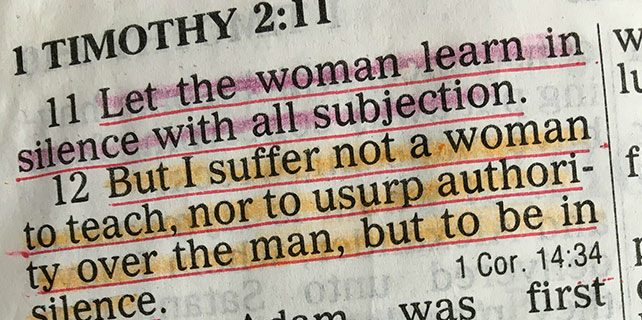“This brings us to a broader point, one we cannot emphasize enough: A pastor is walking into a minefield, and runs a high risk of causing harm to victims, confusion to the public, and doubt about his own ministry, when he ventures into legal questions, especially in criminal cases. Presuming to raise issues as to whether a defendant is a ‘sexual predator,’ or whether he is properly charged with ‘L and L’ is wading into the deep end where it isn’t prudent for pastors to go. The legal system is its own world, it operates according to its own definitions, and it often uses terms quite differently than ordinary citizens would. Weighing in on whether a defendant is a ‘sexual predator’ or whether he is properly charged with a certain crime is almost certain to cause unintended harm. For example, it can easily suggest to victims, even as it did in both the Wight case and the Sitler case, that the crimes against them are being minimized by the church. And to what end? An opinion from a local pastor will typically be accorded no weight at all by the legal system, especially in a criminal case. Moreover, a criminal defendant will be represented by counsel (even if he cannot afford one). In the Wight case, Wight was represented by competent counsel, fully conversant with the criminal law, who was more than capable of ensuring Wight was appropriately charged. By far the best practice for pastors is to refrain from interjecting themselves into the legal system; if they are asked to respond to a certain question or speak to a certain issue, they should stick to the facts, if any are known to them, and beyond that, say nothing.”
Presiding Ministers’ Report, 9

